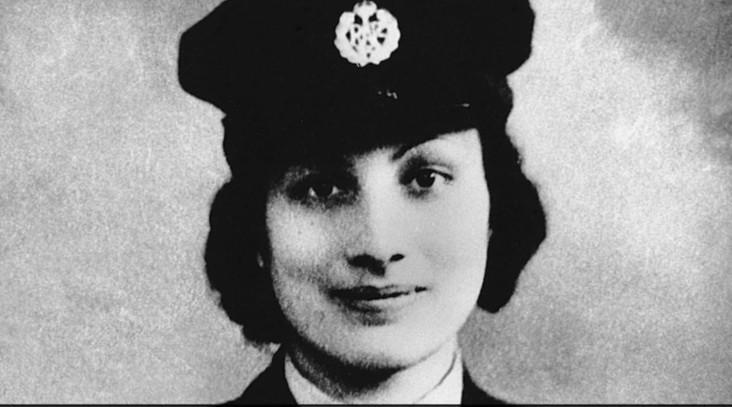
France honours British Indian spy & Tipu Sultan’s descendant Noor
Noor Inayat Khan, a woman of Indian origin, has been recognized for her bravery and selflessness by the French government with a commemorative postage stamp. This tribute is a testament to her remarkable story, which is a blend of courage, sacrifice, and dedication to the cause of freedom. Noor, a descendant of the legendary Indian ruler Tipu Sultan, was a British agent who worked undercover in France during World War II. Her extraordinary life and tragic death have inspired countless people around the world, and this stamp is a fitting tribute to her memory.
Born on January 2, 1914, in Moscow, Russia, Noor Inayat Khan was the daughter of an Indian father, Inayat Khan, and an American mother, Ora Ray Baker. Her father was a musician and a Sufi teacher who had traveled extensively throughout Europe and Asia, spreading the message of love and peace. Noor’s early life was marked by frequent moves, as her family traveled from one country to another, eventually settling in France. She grew up in a multicultural environment, speaking multiple languages, including French, English, and Russian.
Noor’s life took a dramatic turn when World War II broke out, and she joined the Women’s Auxiliary Air Force (WAAF) in Britain. She was later recruited by the Special Operations Executive (SOE), a secret organization that conducted espionage and sabotage operations behind enemy lines. Noor was trained as a wireless operator and was sent to France in 1943, where she worked undercover, transmitting vital information back to London. Her codename was “Madeleine,” and she became an integral part of the French Resistance, working closely with other agents to disrupt the Nazi war effort.
Noor’s bravery and resourcefulness in the face of danger are the stuff of legend. She was known for her calm and composed demeanor, even in the most stressful situations. However, her time in France was cut short when she was betrayed by a fellow agent and arrested by the Gestapo in 1943. Noor was subjected to intense interrogation and torture, but she refused to reveal any information about her fellow agents or the SOE. Her courage and loyalty in the face of adversity are a testament to her strong character and unwavering commitment to the cause.
Tragically, Noor’s story ended in tragedy. She was executed at the Dachau concentration camp in 1944, at the age of 30. Her death was a shock to her family and friends, who had been hoping against hope that she would survive the war. However, her legacy lived on, inspiring countless people around the world with her bravery and selflessness.
Noor’s contributions to the war effort were recognized by both the French and British governments. She was awarded the Croix de Guerre, France’s highest civilian honor, and the George Cross, Britain’s highest award for bravery. These awards are a testament to her remarkable courage and dedication to the cause of freedom.
The commemorative postage stamp issued by the French government is a fitting tribute to Noor’s memory. It recognizes her contributions to the war effort and her status as a hero of the French Resistance. The stamp features a portrait of Noor, along with a brief description of her life and achievements. It is a poignant reminder of the sacrifices made by individuals like Noor, who risked everything to fight against tyranny and oppression.
Noor’s story is also a reminder of the significant contributions made by people of Indian origin to the war effort. Many Indians fought alongside British forces during World War II, and their bravery and sacrifice have often been overlooked. Noor’s story is a testament to the important role played by Indians in the war, and it serves as a reminder of the strong bonds between India and Britain during this period.
In conclusion, the commemorative postage stamp issued by the French government is a fitting tribute to the memory of Noor Inayat Khan. Her bravery, selflessness, and dedication to the cause of freedom are an inspiration to us all, and her legacy will continue to inspire future generations. Noor’s story is a reminder of the significant contributions made by people of Indian origin to the war effort, and it serves as a testament to the strong bonds between India and Britain during this period.






